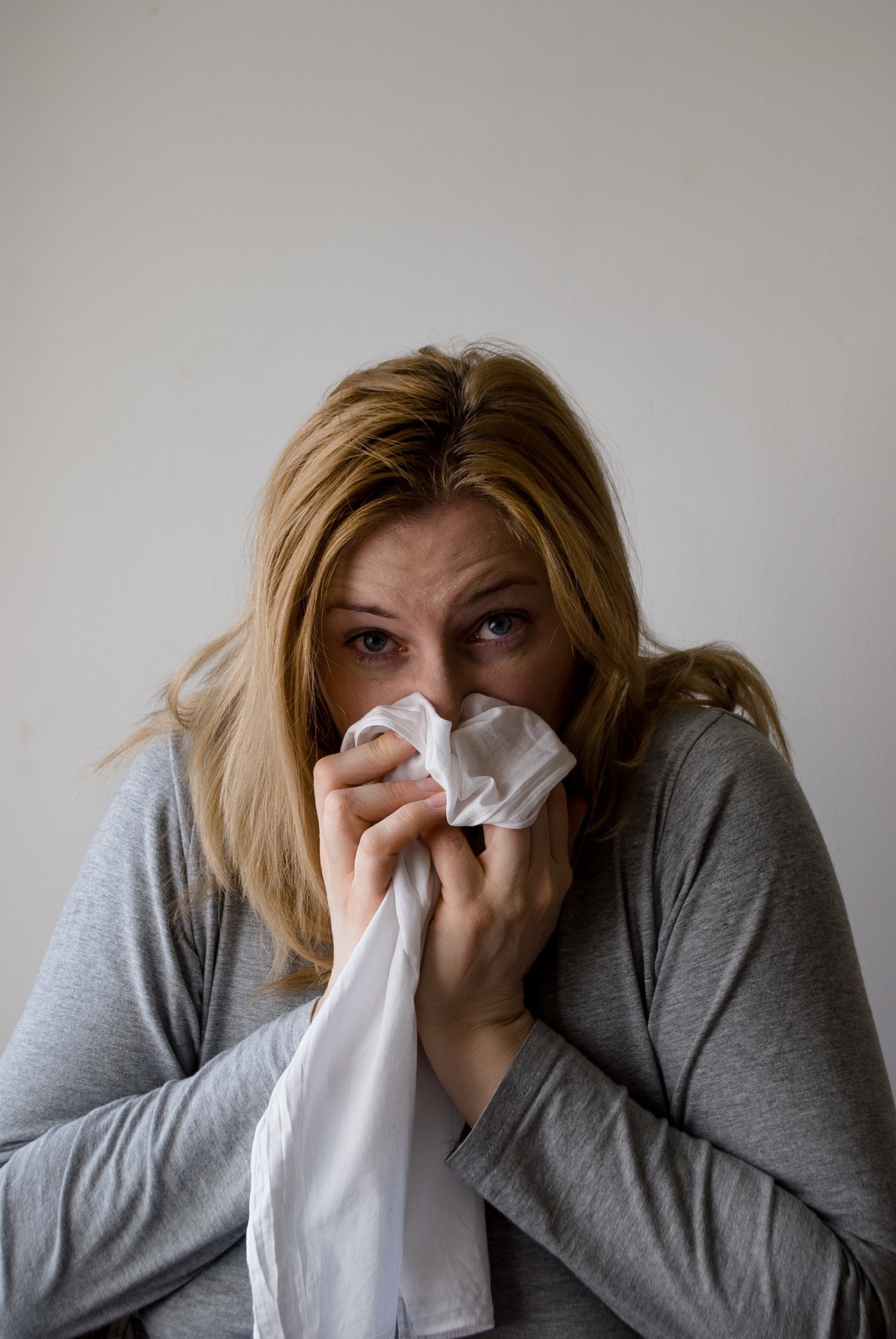
Spring is a beautiful time of year, but hay fever makes some people more nervous than excited. While many people self-manage hay fever using over-the-counter medications, working out a strategy with your GP is the most effective way to control symptoms. Learning about your options can help you reduce the negative effects of hay fever and get back to enjoying the weather.
What is hay fever?
The proper term is “allergic rhinitis” and while the condition is stereotypically set off by springtime pollen, there are many triggers that cause different people to react. Hay fever affects around 500 million people worldwide. When the body encounters an allergen in the air, the over-sensitive immune system releases histamines and other chemicals that produce unpleasant symptoms – for example, a runny nose, facial itchiness, headaches, sneezing, puffy eyes, fatigue, and wheezing.
Allergic Rhinitis can be seasonal or occur all year round (perennial). Hay fever can’t be cured but it can be controlled, and if you haven’t seen a doctor recently you might be unaware of new options for treatment.
Hay fever triggers.
Hay fever symptoms are triggered when your body detects a harmless substance that it wrongly perceives as a threat. Allergens are different for everybody. Reactions to airborne allergens can also be made worse by other factors (such as your diet), which is why an individualised plan is important.
Some common seasonal allergens are pollen, fungal spores and other plant matter. Perennial allergens include mould and fungal spores, dust mites, skin flakes from pets, smoke and air pollution.
Medical intervention.
There are many hay fever medications available without a prescription, but consulting with a doctor will help you get the right medication for your symptoms. Most medications have minimum and maximum dosages for the most effective use, and some nasal sprays can actually make symptoms worse if you use them for longer than three days.
The doctor might advise or prescribe antihistamines, corticosteroids or decongestants in a range of strengths and delivery methods. People with severe hay fever symptoms might require immunotherapy treatments.
Combat your symptoms.
When you have identified the allergens that are most likely to trigger your symptoms, you can create a specialised plan to help you combat your hay fever. Some strategies for common allergens include:
- Keep pets outside, especially their bedding
- Keep windows shut, especially at night
- Monitor your local pollen count
- Wear a face mask on high pollen-count days (or small nose masks that fit inside your nostrils)
- Limit alcohol because it contains histamines – alcohol can double the risk of symptoms
- Buy new pillows every spring
- Don’t dry clothes and bedding outside on high pollen days
- Find and kill all household mould
Make an appointment with your GP, follow their suggestions, and then report back on your progress. It might help you to bring a list of symptoms and their frequency and severity to your first appointment. Sometimes hay fever can mask other serious conditions such as asthma, which is another reason to get symptoms checked. You might not be able to cure your hay fever, but with the help of your GP you can get your symptoms under control.
Click here to book a GP to discuss managing your hay fever –>
